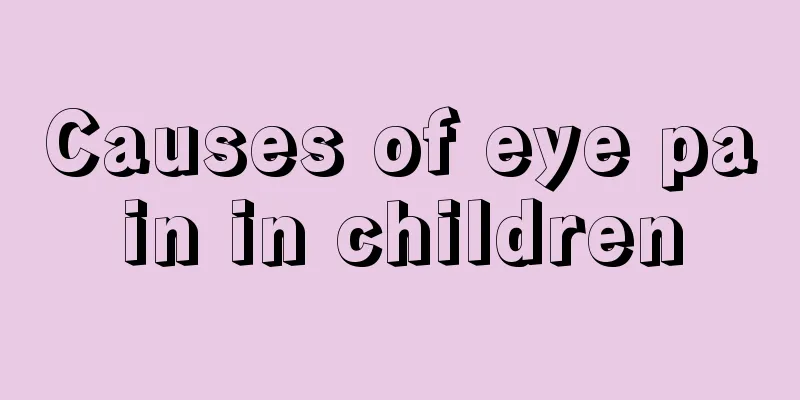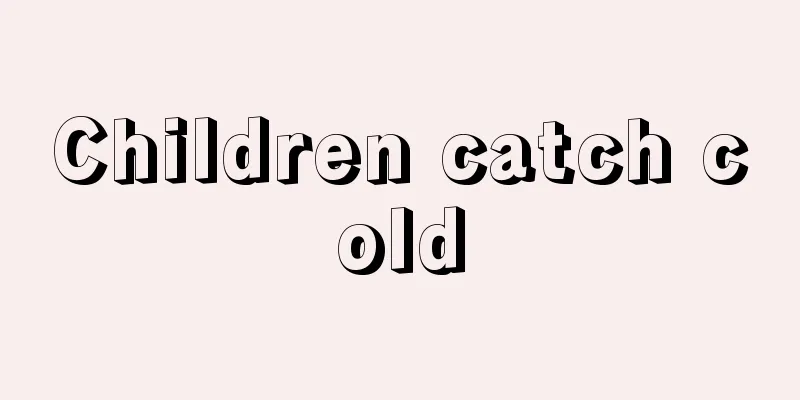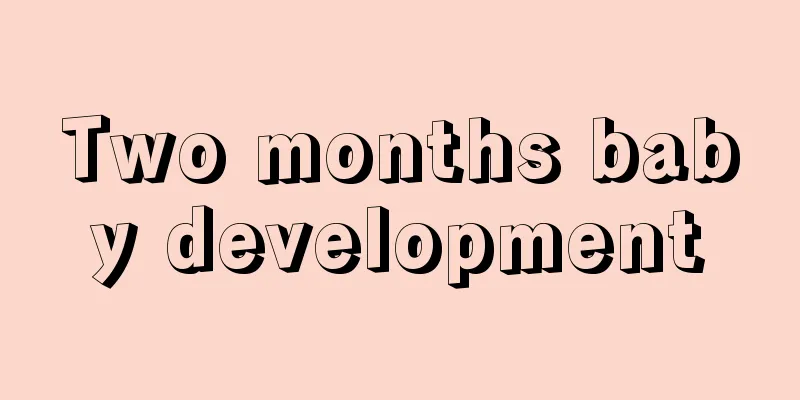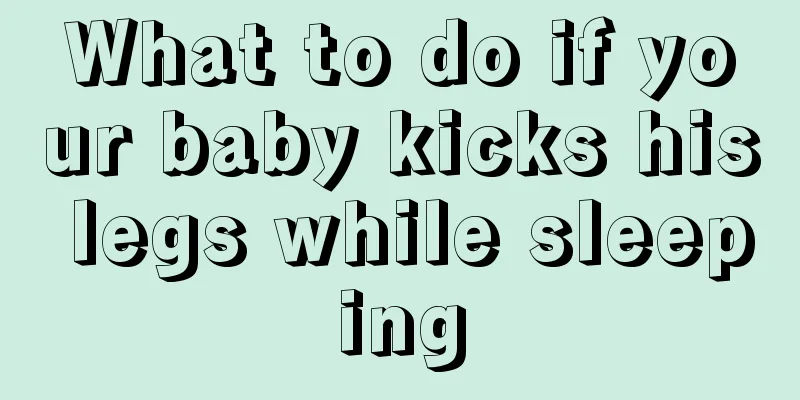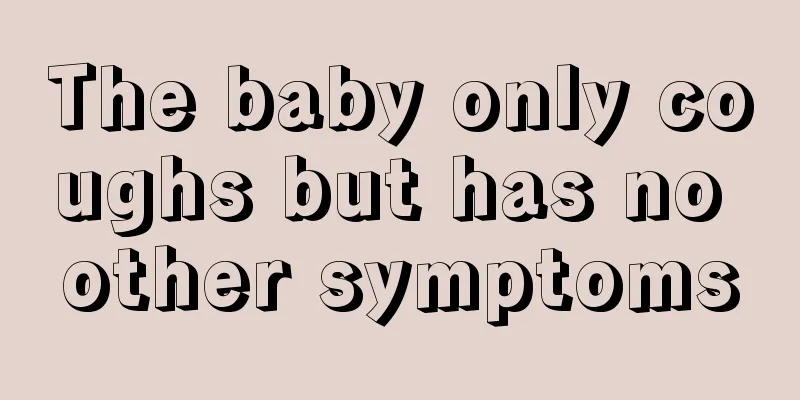Baby sweats all over when feeding

|
It is normal for babies to sweat profusely while breastfeeding. Mothers do not need to worry too much. The baby's sweat glands are not fully developed at this time. In addition, the baby has to exert force when breastfeeding. In addition, the baby is breastfeeding in the mother's arms and is affected by the mother's body temperature, so he will sweat. Moreover, breast milk has temperature, just like we sweat when we drink warm water. If the baby sweats, you can give the baby more water and also observe whether the baby is wearing too many clothes. Because the baby's sweat glands are not fully functional, and the weather is relatively hot in summer, the baby will sweat a lot as long as the environment is a little bit stuffy. Usually the sweating occurs on the head, which is reflected in the feeding and sleeping. This is physiological night sweats, which is normal. It will improve when the baby grows up. Now just let the baby drink more water to replenish water.Why does my baby sweat profusely while breastfeeding? First, of course the baby will feel hot when held in the mother's arms, because the mother's body temperature plus the baby's body temperature. The newborn baby's skin has a poor ability to regulate body temperature. If it is okay in winter, it will be very bad in summer. Second, babies have a lot of internal heat, so baby care suggests that newborn babies can wear one or two fewer pieces of clothing than adults. However, in general, parents are afraid of catching a cold, so they will wear one or even several more pieces of clothing than adults. This can easily cause the baby to sweat at the slightest movement.Third, breastfeeding is definitely a physical task for babies, and it takes effort for babies to breastfeed. If you don’t believe it, you can try using a bottle. What’s more, nipples are more difficult to suck than bottle nipples. Fourth, breast milk carries the baby’s body temperature, so when the baby drinks milk it is like an adult drinking hot water. The high temperature will naturally cause the milk to come out when the baby drinks it. If babies' calcium deficiency is not treated actively, they are likely to suffer from rickets. Babies with calcium deficiency are often irritable and restless at night, and may also have symptoms such as excessive sweating, bald spots on the back of the head, square head, late closure of the fontanelle, and beaded ribs. If severe signs of rickets appear, seek help from a pediatrician immediately. In addition, a wet diaper will stimulate the baby and prevent him from falling asleep.Nowadays, most babies’ clothes and blankets are on the warm side. The problem can be solved by paying attention to massage, exhausting gas and adjusting diet. Frequent changes in caregivers also significantly increase the incidence of sleep disorders in children. All of these require careful observation and judgment. |
<<: The baby didn't eat much today.
>>: Signs of stress in children
Recommend
Redness around the child's anus
Redness around the child's anus may be caused...
What should I do if my child has a fever at night?
Children in every family are the apple of their p...
What to do if your 3 month old baby is constipated
We all know that constipation is a very common sy...
Tips for children to quickly relieve cough
Children's resistance is usually not very goo...
Why does my child’s arm hurt?
Children are the apple of their parents' eyes...
Six-year-old boy sweats while sleeping
Children are the people that their parents care a...
What can't babies eat when they have chickenpox?
It is quite common for babies to get chickenpox. ...
What are the dangers of excessive foreskin in children?
Phimosis is a common disease among underage males...
What should I do if my child has loose stools?
Children in many families will suffer from some p...
What to do if your baby doesn't sleep at night
Many babies do not sleep very well and cannot sle...
Medicine for children's rhinitis
Because the physical fitness of children is very ...
What should I do if my baby has a stuffy nose in the middle of the night?
Many babies have nasal congestion when they sleep...
Signs of stress in children
In the 21st century, many people are worried and ...
What is the latest age for onset of moderate thalassemia?
There are many different types of anemia, but ane...
How to treat children’s skin dampness and toxins? These methods deal with
If a child has skin problems with dampness and to...

